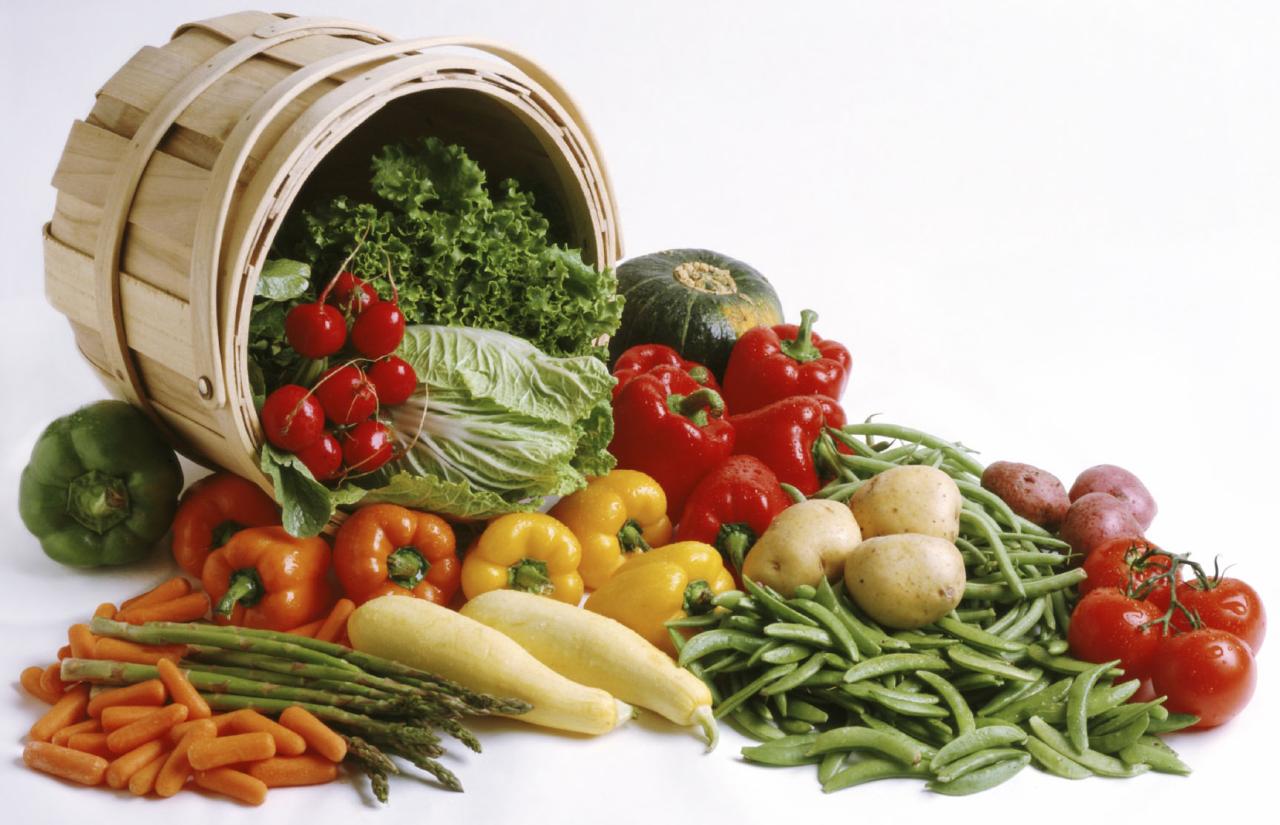 In an era marked by environmental concerns and climate change, our food choices have come under scrutiny for their impact on the planet. The concept of sustainability has emerged as a pivotal factor in shaping our dietary decisions. This article explores the relationship between sustainability and food choices, emphasizing the significance of making informed, eco-conscious decisions.
In an era marked by environmental concerns and climate change, our food choices have come under scrutiny for their impact on the planet. The concept of sustainability has emerged as a pivotal factor in shaping our dietary decisions. This article explores the relationship between sustainability and food choices, emphasizing the significance of making informed, eco-conscious decisions.
The Importance of Sustainability in Food Choices:
Sustainability encompasses the balance between meeting our present needs without compromising the ability of future generations to meet theirs. In the context of food, it refers to choices that minimize harm to the environment, promote ethical treatment of animals, and support social and economic equity within the food system.
Reducing Greenhouse Gas Emissions:
Agriculture is a significant contributor to greenhouse gas emissions, with livestock production being a leading source. Opting for plant-based diets or choosing sustainably raised, pasture-fed meats can help reduce the carbon footprint associated with our food.
Preserving Biodiversity:
Unsustainable farming practices often lead to deforestation, habitat destruction, and the loss of biodiversity. Supporting local, organic, and regenerative farming methods can help mitigate these issues and protect ecosystems.
Water Conservation:
Agriculture accounts for a substantial portion of global water use. By choosing foods that are less water-intensive and supporting water-efficient farming practices, we can help conserve this vital resource.
Minimizing Food Waste:
Approximately one-third of all food produced globally is wasted. Reducing food waste through mindful shopping, storage, and meal planning is essential for sustainability.
Ethical Animal Treatment:
Supporting ethical and humane animal farming practices, such as free-range and pasture-raised options, ensures that animals are treated with respect and dignity.
Supporting Local Economies:
Buying locally grown and produced foods supports local economies, reduces transportation-related emissions, and fosters community resilience.
Promoting Sustainable Seafood:
Overfishing and destructive fishing practices threaten marine ecosystems. Choosing sustainably sourced seafood helps protect ocean health and fish populations.
Personal Action Steps:
To make more sustainable food choices, consider the following:
Eat More Plants:
Incorporate plant-based meals into your diet. Vegetables, fruits, legumes, and grains have a lower environmental impact than animal products.
Choose Organic and Local:
Support organic farming and local producers to reduce pesticide use and minimize the carbon footprint of transportation.
Reduce Meat Consumption:
Reducing meat consumption, particularly beef and lamb, can significantly reduce greenhouse gas emissions associated with food production.
Prioritize Sustainable Seafood:
Refer to sustainable seafood guides and certifications to make responsible seafood choices.
Minimize Food Waste:
Plan meals, store food properly, and compost food scraps to reduce waste.
Conclusion:
Our food choices play a crucial role in shaping the future of our planet. Sustainability and food choices are intrinsically linked, and by making informed decisions, we can contribute to a more environmentally friendly and equitable food system. As consumers, we have the power to influence the food industry, support sustainable practices, and help nourish our planet for generations to come.




More Stories
Unveiling the Pros and Cons
Nourishing a Healthier Future
Exploring the World of Non-Traditional Pasta